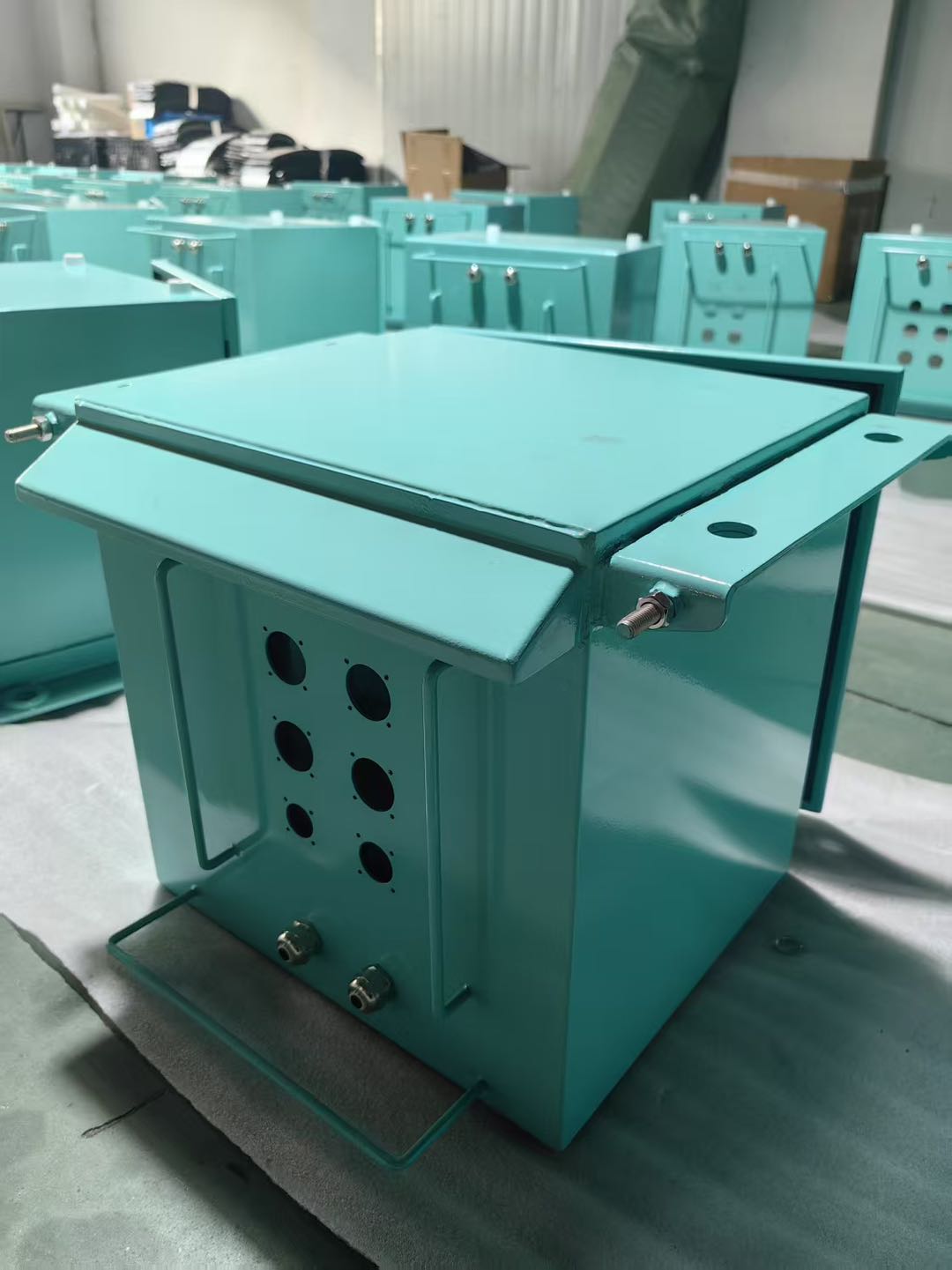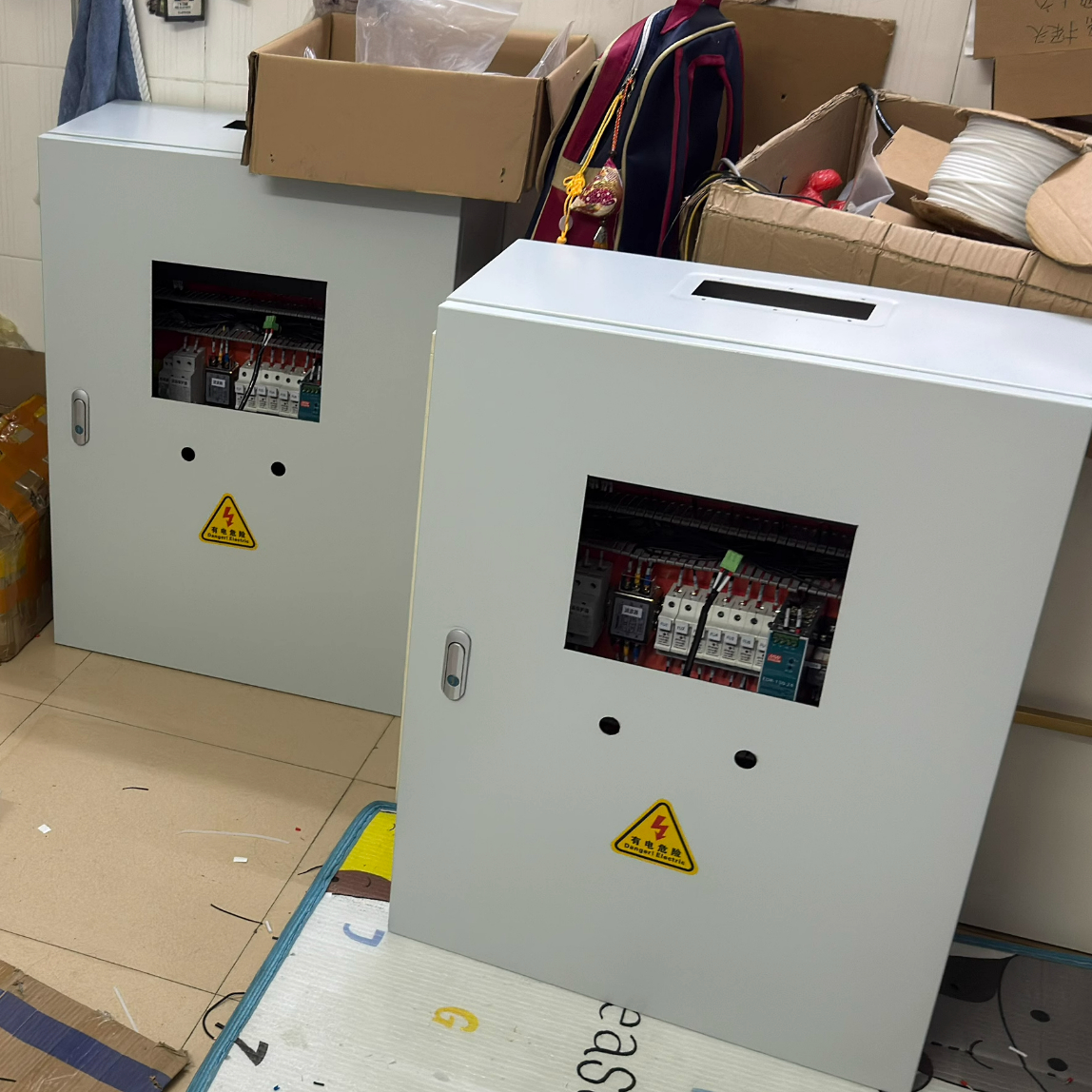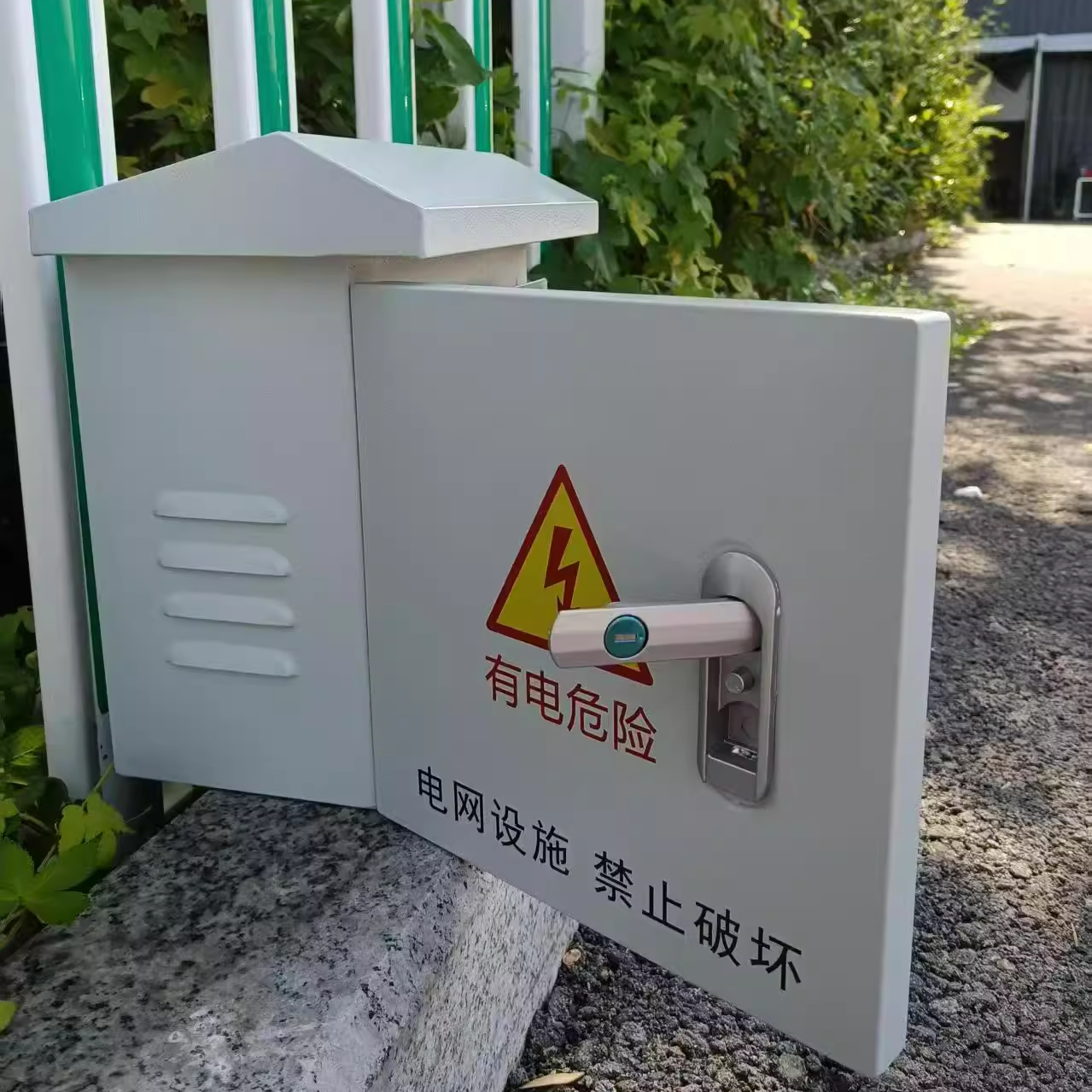Home / News / Industry news
Industry news
Aug 11,2025
By:Shinging
Examine the wiring of devices ranging from a light switch to a ceiling fan or an industrial control panel, and you might find a metal junction box protecting the wiring. Metal electrical enclosures are appreciated for their durability and versatility, which is why they are present in homes, businesses, and industrial locations worldwide. However, plastic junction boxes made from sturdy materials like polycarbonate are also common today — so which choice is most appropriate for your requirements? Gaining experience in electrical work or starting a DIY project requires understanding when to use a metal junction box instead of a plastic one.Shinging is a top producer of tailored junction boxes for various applications — ranging from industrial electrical setups to home electronics initiatives — and we can offer you the metal or plastic enclosure that suits your needs. In this article, we will discuss the situations in which metal junction boxes are the best option, and when plastic junction boxes should be chosen instead.
Metal vs. Plastic Junction Enclosures
Today, there are two commonly used types of junction boxes: metal and plastic junction boxes. Each has its unique benefits, and both are beneficial for specific uses. For numerous uses, the primary benefit of a metal junction box is its strength. Metal junction boxes are capable of enduring a wide range of harsh environmental conditions, such as crushing forces, open flames, and very high or low temperatures. They also function as natural grounding locations for metal-sheathed cables and other elements needing electrical grounding. Plastic junction boxes are typically more affordable and can be simpler to handle. Nonetheless, certain plastic junction boxes are not as durable as metal ones, making them potentially less suitable if you require optimum protection and utmost longevity from your junction box.In the upcoming sections, we will examine various typical situations regarding the use of a metal electrical box versus when a plastic junction box is more appropriate.
When to Employ a Metal Electrical Box
You might want to think about utilizing a metal electrical box if:
You utilize BX cable that is metal-sheathed. Cable with a metal sheath is intended for use with a metal junction box to provide grounding for the wires (although you might still need to utilize a grounding wire of some sort).
It is crucial that the electrical box is firmly fastened to a stud instead of being mounted to drywall with anchors. The sturdy and distortion-resistant quality of metal electrical boxes ensures they work well with the robust screws necessary for a more secure stud connection.
Your project is located in an open interior area. Certain indoor areas, like incomplete basements, will feature non-recessed electrical outlet boxes mounted directly onto a surface (typically a masonry wall). Because these applications make electrical wiring more exposed, a metal junction box should be used to safeguard them from harm.
You require a sturdier kind of electrical box. Certain plastic electrical enclosures, especially those crafted from more flexible materials such as PVC, may suffer damage when subjected to pressure. (This is the reason metal enclosures are a preferred option for light fixtures.) Metal electrical enclosures tend to be more durable, but contemporary plastic materials such as polycarbonate have significantly advanced, allowing plastic enclosures to be more competitive.
These are not the only situations in which you should opt for a metal junction box, but they are among the most significant. If you’ve concluded that a metal junction box is the best option, check out our guide to metal electronics enclosure alternatives for excellent selections.
When to Avoid Using a Metal Electrical Box
On the other hand, there are reasons you might prefer a plastic junction box for your project instead. A plastic electrical box could be a more suitable option for your use if:
You are utilizing non-metal sheathed cable (commonly referred to as Romex cable). Romex wire and plastic junction boxes are often utilized together, particularly for indoor receptacles, though metal enclosures might also be suitable (depending on the project). Typically, utilizing metal conduit with plastic boxes is considered unsafe and violates electrical regulations.
You can use either metal or plastic enclosures safely if you're looking to cut costs. Plastic electrical boxes often cost less and need fewer supplementary items, like clamps, compared to metal electrical boxes. (However, keep in mind that no level of savings is worth sacrificing safety if the application mandates metal enclosures.)
You seek junction boxes designed to simplify electrical installation tasks and enhance user experience. Certain kinds of sheet metal enclosures feature sharp edges that can cause injuries, but wearing gloves or opting for a finished sheet metal enclosure generally mitigates these hazards. It might be simpler to take out knockouts from a plastic knockout enclosure rather than from a metal box.
The final authority, naturally, is the National Electrical Code. Always check the applicable NEC regulations regarding enclosure materials and design prior to selecting your method — or seek advice from a licensed electrician.

Water treatment facilities are the unsung heroes of modern civilization, ensuring that millions of people have access to clean and safe water every da...
Jan 21,2026 / Industry news
Driven by digital transformation, the industrial landscape is undergoing earth shattering changes. The core of this revolution is the integration of I...
Jan 18,2026 / Industry news
In the era of Industry 4.0, sustainable development has shifted from a buzzword to a business imperative. As manufacturers strive to reduce their envi...
Jan 18,2026 / Industry newsOnline

Provider of Complete Metal Manufacturing Solutions
+86 18939857433
1188 Jiu Ye Road, Shanghai, China
11561 N Lamar Blvd,Austin,Texas,United States of America,78753
Gyeongin-ro 56-gil 8, ,3F jjbeauty,Guro-gu,Seoul,Guro-gu,Seoul,Republic of Korea
Top
Copyright © 2025 Shinging Technology Co., Ltd.,
Power By Bontop